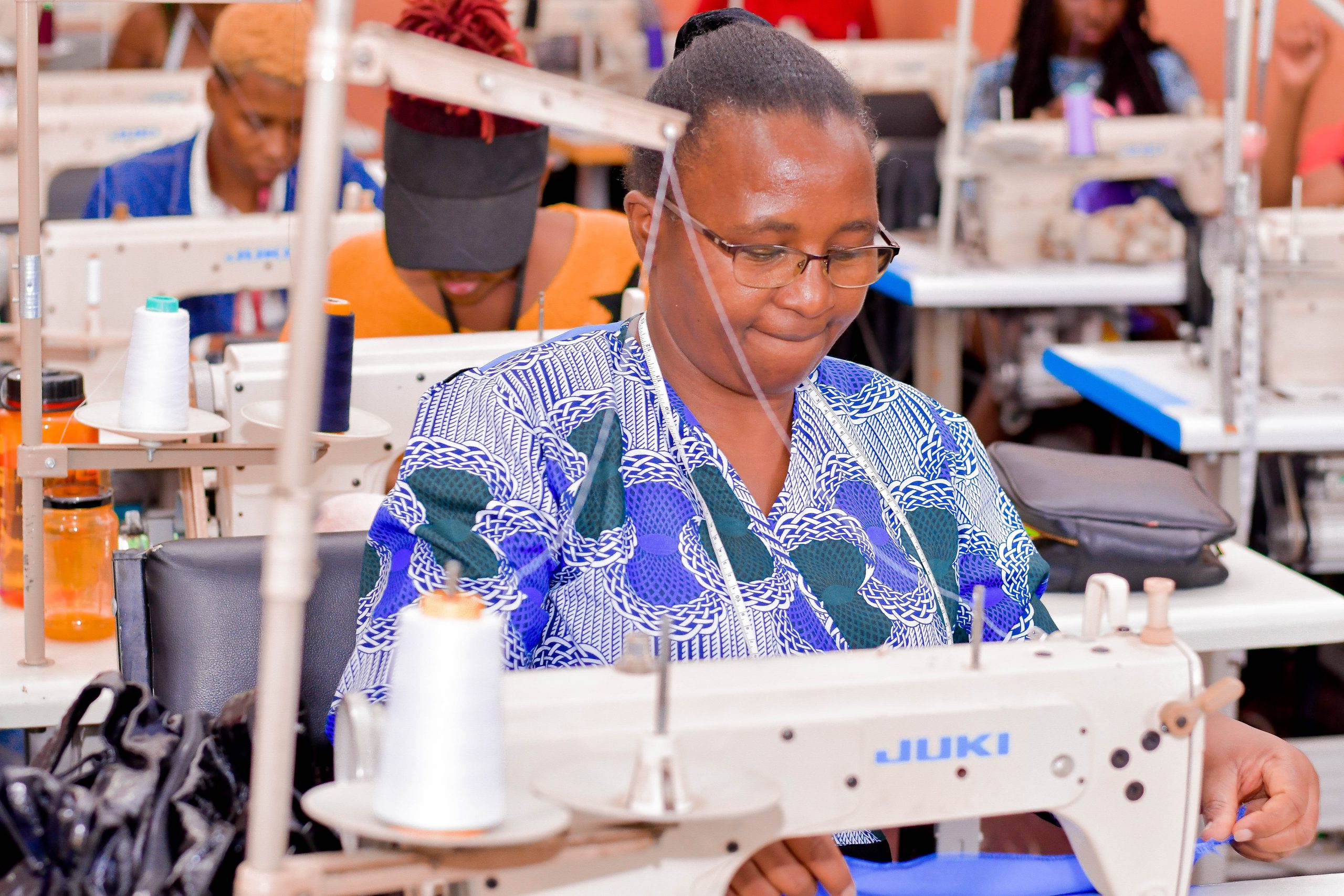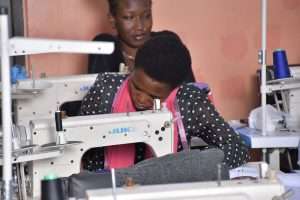Power Behind the Precision: Industrial Sewing Machine Maintenance at Delight Technical College

In Kenya’s growing textile and apparel sector — from Nairobi’s Export Processing Zones (EPZs) to local uniform factories and fashion startups — industrial sewing machines are the engines driving production. When these machines stop, production halts. That’s why trained maintenance technicians are in such high demand.
At Delight Technical College, our Industrial Sewing Machine Maintenance program offers a NITA-accredited, practical-based training that prepares learners to diagnose, service, and repair a wide range of industrial machines used in clothing manufacturing and fashion design.
Why Industrial Sewing Machine Maintenance Matters
Apparel factories often operate hundreds of machines at high speeds for long hours. Machines like:
- Single-needle lockstitch machines
- Overlock and serger machines
- Coverstitch and flatlock machines
- Buttonholing and bar-tacking units
- Embroidery and programmable sewing machines
Without proper maintenance, these machines are prone to breakdowns — costing time, money, and contracts. This course trains technicians to keep machines running at peak performance, ensuring efficiency and safety on production floors.
Course Content
The program is structured to meet industrial standards, and includes:
- Introduction to Industrial Machines
- Overview of machine types and classifications
- Machine components, motors, and control systems
- Tools for maintenance and repair
- Installation and Setup
- Power requirements and wiring
- Mounting and balancing machines
- Machine testing and calibration
- Routine Maintenance Procedures
- Lubrication schedules
- Needle, belt, and tension adjustments
- Replacing worn-out parts (loopers, feed dogs, bobbin cases)
- Troubleshooting and Repair
- Diagnosing mechanical and electrical faults
- Repairing timing issues, tension inconsistencies, feeding problems
- Resolving thread breakage, skipped stitches, and jamming
- Advanced Skills
- Servicing automated and programmable machines
- Replacing servo motors and control boards
- Reconfiguring multi-function workstations (e.g., collar-attaching, button-sewing)
- Safety and Workplace Procedures
- Occupational safety and hazard handling
- Machine shutdown and lockout protocols
- Maintenance logs and reporting
Course Features
- 🛠️ Fully Equipped Maintenance Workshop: Hands-on training using industrial-standard tools and equipment
- 📜 NITA Certification: Recognized by employers, manufacturers, and training institutions across Kenya
- 👨🏭 Trainers with Industry Experience: Learn from technicians who’ve maintained machines in large-scale production houses
- 🔄 Partnerships with Local Industries: Opportunities for internships, attachments, and referrals to employers in places like Athi River EPZ, Rivatex Eldoret, and Gikomba’s fashion ecosystem
Career Opportunities
After completing the course, graduates can work as:
- Sewing Machine Maintenance Technicians in garment factories
- Technical Support Staff for fashion schools or production startups
- Mobile Service Technicians for tailoring shops and boutiques
- Machine Installers & Demonstrators for sewing equipment suppliers
- Workshop Managers or Supervisors
Some learners even progress to become technical trainers or open their own maintenance and repair businesses.
Who Should Join?
- High school graduates interested in technical careers
- Tailors or fashion entrepreneurs seeking self-reliance
- Factory workers looking to upskill and move into maintenance roles
- Anyone with mechanical aptitude and interest in fashion industry tech
Train to Keep the Industry Running
Machines may make the garments, but it’s skilled technicians who keep those machines alive. As Kenya’s apparel sector scales — especially with government initiatives like Buy Kenya Build Kenya and growing export opportunities — the need for qualified maintenance personnel has never been greater.
At Delight Technical College, our Industrial Sewing Machine Maintenance course combines technical depth with practical relevance. With NITA certification, workshop access, and experienced mentors, you’re not just fixing machines — you’re securing your place in the future of fashion production.
Join our next intake and build a career in the engine room of the apparel industry.



